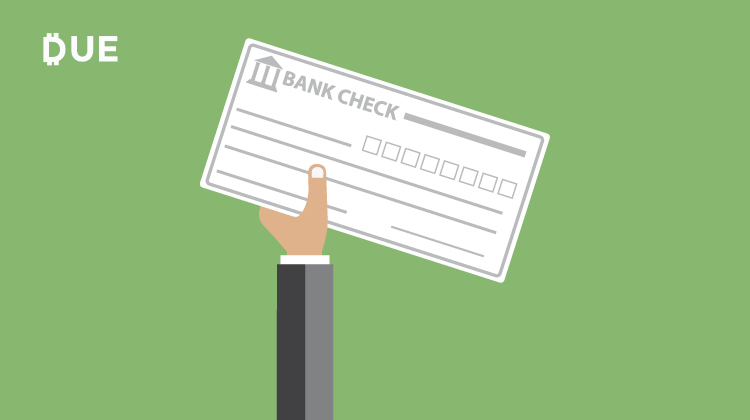You are just starting out as a freelancer or small business owner and you must determine how much you are going to pay yourself. You might want to approach that issue in two different ways.
The first is ensuring you pay yourself just enough to help you to survive. You base your salary on your core budget and contribute the rest of your earnings to business expenses and investing back into your operations.
According to the second approach, you should only pay yourself a fixed salary regularly whether it’s every month or every week. The amount should be incorporated into your business plan from the very outset. That way, you will ensure you control costs and regulate your profit for consistency.
You will, however, have to think about the following factors even as you determine how much you should pay yourself.
Table of Contents
ToggleDon’t Undervalue Your Contribution
It is hard to determine how much to pay yourself with a business in the start-up phase. But make sure you pay yourself. You don’t want to be one of those starving business owners who can’t take a paycheck and pay their own bills.
You can consider creating a bare bones budget to determine what your basic needs are. Then, tack a little extra money onto that to cover additional expenses.
Pricing for profit becomes important when you consider paying yourself a salary. Business owners should have funnel every dime back into their projects if it’s their only source of income. Be sure to set your pricing accordingly so you can afford to pay yourself for all the hard work and contributions you put in each day.
Make It Consistent Salary
It is not proper to keep taking money from the business whenever you need it. Set up a payroll for you and your employees and run it monthly.
It helps if it is part of the business plan right from the outset. You need to get used to a regular salary to avoid the lure of making huge withdrawals whenever you feel like it in future. That’s something that the tax authorities, as well as your employees, will have no issue with.
Factor in a Percentage
Being self-employed almost always means you’re going to have a fluctuating income. While it would be nice and possible to pay yourself a consistent salary each month, your earnings may vary from time and time and you may not be able to afford it.
This is why it helps to have ample savings lined up and to also pay yourself a consistent percentage of your earnings regularly so you are receiving some income.
For example, if you commit to making your salary 30% of your earnings, you will still get paid whether you make $5,000 or $10,000 for the month.
You may have to adjust your budget here and there so it’s best to be flexible and keep expenses low if you can.
Consider The Legal Structure Of Your Business?
Before you consider when and how much you can pay yourself, consider your start-up’s legal structure. There are no restrictions on sole proprietorships on how much as when you can pay yourself. If your business is incorporated, you have to ensure you put yourself on the payroll for a regular salary.
Deductions, Expenses, and TAXES
Whether you take a straight salary or dividend payouts, you will be required to pay taxes on your pay. If you want to be tax-efficient, go for a straight salary. Other deductions such as medical insurance will also apply.
Other expenses include mortgage interest as well as car interest. These expenses may add to the total salary you want to pay yourself. When deciding what your earnings will be, always factor in the cost of taxes.
Giving yourself a salary can be exciting and motivate you to earn more with your business. Nothing feels better than getting paid to run the show and do work you’re passionate about.













